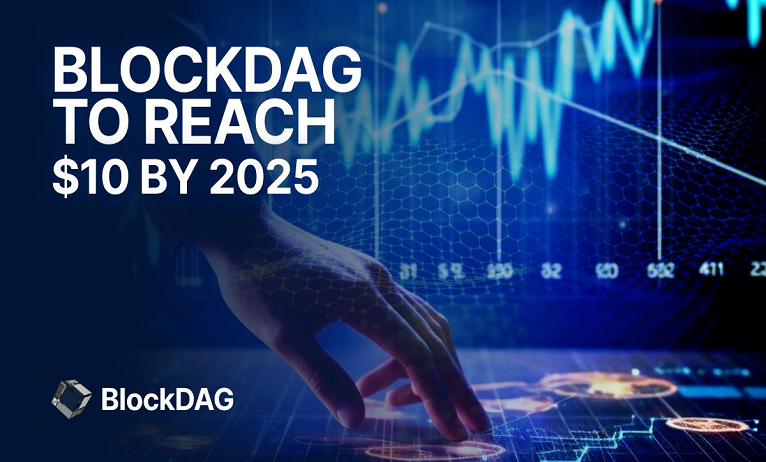Hong Kong’s Potential Bitcoin and Ethereum ETFs
According to 10x Research founder Markus Thielen, spot Bitcoin and Ethereum exchange-traded funds (ETFs) may debut in Hong Kong at the close of the month. While no precise trading date has been confirmed, the general expectation is for the end of April. This news follows Hong Kong’s conditional endorsement of several spot Bitcoin and Ethereum ETF applications overseen by China Asset Management, Harvest Global, Bosera, and HashKey.
Current Market Conditions
The approval of spot Bitcoin ETFs in the United States in January fueled a surge in demand for exposure to crypto assets, contributing to the recent bullish market trend. However, the success of Hong Kong ETFs hinges significantly on whether mainland Chinese investors can participate in trading.
Southbound Stock Connect Program
Mainland Chinese investors can access eligible financial assets in Hong Kong through the Shanghai Stock Exchange’s southbound stock connect. This initiative has a daily quota of ¥42 billion, but recent years have seen the quota being underutilized, suggesting a potential demand and untapped market opportunity.
As per Thielen’s analysis, regulatory changes and a potential timeframe of six months may be necessary for the inclusion of ETFs in the southbound connect program. Nevertheless, substantial interest remains in diversifying assets through Bitcoin and Ethereum ETFs.
China’s Stance on Crypto
Despite China’s previous ban on crypto trading and mining activities, the country continues to spark conversations in the crypto sphere. Binance, a leading crypto exchange, handled $90 billion in Chinese transactions in one month, highlighting China’s significant presence in the global crypto market.
With Hong Kong emerging as a crypto-friendly jurisdiction, the approval of spot ETFs points to broader strategic decisions within the region. According to Thielen, China’s influence over Hong Kong’s financial landscape is evident in such pivotal approvals.
Investment Perspectives
While ETFs have traditionally had limited success in Asian markets due to investor preferences for direct and concentrated bets, the structure of Bitcoin and Ethereum ETFs as single-asset products may appeal to investors seeking more targeted exposure. This distinction could result in a higher success rate compared to traditional basket-type ETFs.
Despite cultural differences in investing approaches, the unique nature of these ETFs as direct bets on specific assets may align well with investor preferences in the region.
It remains essential to consider the dynamic nature of the cryptocurrency market and the potential impact of regulatory changes on investor sentiment and market performance in the future.
Image/Photo credit: source url





